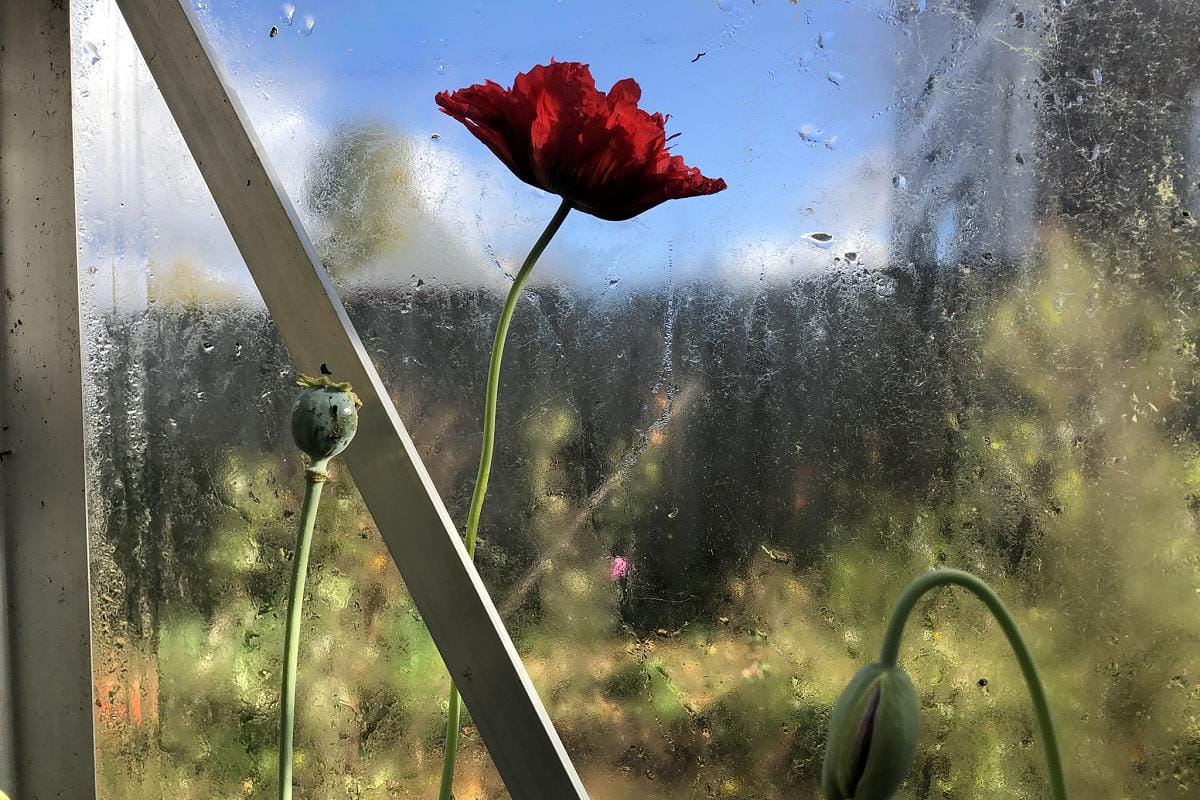Weeds: Nature’s rebels, flourishing in adversity and whispering tales of resilience, adaptation, and hidden beauty. More than just unwanted plants, weeds mirror human struggles, embodying themes of survival, persistence, and the untamed spirit. From Shakespearean metaphors to modern counterculture, the symbolism of weeds has evolved, reflecting societal shifts and changing perspectives. Unraveling their symbolic language reveals a complex tapestry of meanings, intertwined with folklore, mythology, and human emotion.
Unveiling the Secrets of Weed Symbolism
Weeds. The very word likely evokes images of endless yard work and unwelcome invaders. Yet, these often-despised plants possess a rich symbolic history, appearing in ancient myths, religious texts, and modern literature. They represent far more than just a gardener’s bane; they symbolize resilience, chaos, the wildness of nature, and the eternal struggle between order and disorder.
Resilience and Adaptation in the Face of Adversity
Weeds are the ultimate survivors. They emerge from sidewalk cracks, flourish in neglected areas, and endure harsh conditions. This tenacity suggests a powerful symbol of perseverance, mirroring our own capacity to overcome challenges. Consider the butterfly weed, thriving in “harsh conditions such as drought and rocky soils”. This resilience connects to their historical use in some European coats of arms, where they once symbolized abundance and the ability to flourish despite adversity. Just like weeds, we can find strength in adversity and adapt to life’s ever-changing landscape.
Rebellion and the Untamed Spirit
Weeds defy our attempts at control, growing where they “don’t belong.” This rebellious nature makes them a fitting symbol of counterculture and nonconformity. The dandelion pushing through concrete embodies this spirit, a small act of rebellion against imposed order. The changing attitudes towards cannabis further exemplify this evolving symbolism. Once considered a troublesome weed, cannabis now holds diverse meanings, from medicinal and recreational use to its evolving role in industrial applications.
Enchantment, Sorrow, and the Passage of Time
Weeds have a long-standing presence in literature and mythology, often representing enchantment and the realm of dreams. In fairy tales like “Sleeping Beauty,” thorny thickets symbolize the enchanted slumber and the passage of time. Conversely, weeds can also represent desolation and neglect. In Greek mythology, Demeter curses the land with weeds after Persephone’s abduction, symbolizing her profound grief. This duality highlights the complex and often contradictory meanings attributed to weeds throughout history.
Disorder and War: A Shakespearean Perspective
Shakespeare frequently employed weeds to represent moral decay and societal unraveling. In plays like Richard II and Henry V, weeds in a garden symbolize a kingdom in disorder, mirroring a ruler’s descent into madness. This metaphor emphasizes the disruption of order and encroaching chaos, reflecting a world turned upside down.
Individual Weeds and Their Unique Symbolism
Individual weed species carry their own symbolic baggage:
- Dandelion: Evokes childhood nostalgia and the making of wishes, a potent symbol of hope and resilience.
- Thistle: With its prickly defenses, it embodies protection and the ability to ward off negativity.
- Poison Ivy: Represents the duality of nature—beautiful yet dangerous, alluring yet harmful.
Delving into the Spiritual Significance of Weeds
Beyond their physical presence, weeds hold deeper spiritual meanings, reflecting our inner struggles, triumphs, and connection to the natural world. They represent:
Resilience and Renewal
Just as weeds emerge from disturbed ground, they symbolize renewal and the promise of new beginnings. After a fire sweeps through a forest, weeds are often the first to reappear, representing hope and the cyclical nature of life.
Hidden Wisdom and the Value of the Overlooked
Many weeds possess surprising qualities, from medicinal properties to enriching the soil. They remind us to look beyond the surface and appreciate the hidden value in things often disregarded. This can be seen as a spiritual lesson to appreciate the beauty that lies even in the most humble forms of creation.
The Shadow Self and Spiritual Cleansing
Some believe weeds represent the “shadow self”—our fears, insecurities, and negative habits. Confronting these internal “weeds” is crucial for personal growth, allowing for spiritual cleansing and the cultivation of inner harmony. The act of weeding a garden becomes a meditative practice, symbolically clearing out negativity and making space for positivity.
The Meaning of Weeds in Our Lives
Weeds, in their persistence and adaptability, offer valuable life lessons:
Embracing Resilience and Overcoming Challenges
Weeds demonstrate the power of resilience, urging us to persist through difficulties and adapt to change. They serve as a reminder that even in the face of adversity, we possess the strength to overcome obstacles.
Identifying and Uprooting Negativity
Weeds can also represent the negative aspects of our lives – unhealthy habits, toxic relationships, and limiting beliefs. Recognizing and “weeding out” these negative influences is crucial for personal growth and creating a more fulfilling life.
Spiritual Growth and Transformation
The symbolism of weeds extends to the spiritual realm. In some religious contexts, weeds represent sin or temptation, hindering spiritual development. The Parable of the Weeds in the Bible highlights this concept, urging us to cultivate our inner landscape and remove obstacles to spiritual growth.
Finding Meaning in the Unexpected
Weeds remind us that even in the most unwanted aspects of life, there can be hidden value. Ongoing research continues to reveal the ecological benefits of certain weeds, suggesting that they contribute to biodiversity and soil health. This serves as a powerful reminder to look beyond the surface and consider the potential benefits that may lie hidden within seemingly negative experiences.
Key Takeaways and Further Exploration
The symbolism of weeds is multifaceted and ever-evolving. From resilience and rebellion to hidden wisdom and spiritual growth, weeds offer a rich tapestry of meanings. Their presence in our lives, both literally and figuratively, encourages us to look deeper, appreciate the unexpected, and embrace the continuous cycle of growth and renewal.
Hey there! Are you curious about the infamous wedgie? Delve into the fascinating world of wedgies by taking our comprehensive wedgie quiz now!
Have you ever wondered what kind of sink is specifically designed for the disposal of mop water? Discover the answer to this intriguing question and more in our in-depth guide on which type of sink is used for dumping mop water.
This exploration of weed symbolism merely scratches the surface. Ongoing research in ethnobotany and ecological studies continues to reveal new insights into the complex relationship between humans and plants. Further exploration promises an even deeper understanding of the multifaceted meanings embedded within these often-overlooked inhabitants of our world.
- Discover Long Black Pepper: Flavor & Health Benefits - April 25, 2025
- Shocking Twists: The Grownup Review: Unreliable Narration - April 25, 2025
- A Quiet Place Book vs Movie: A Deep Dive - April 25, 2025

















1 thought on “The Secret Language of Weeds: Exploring Their Rich Symbolism”
Comments are closed.